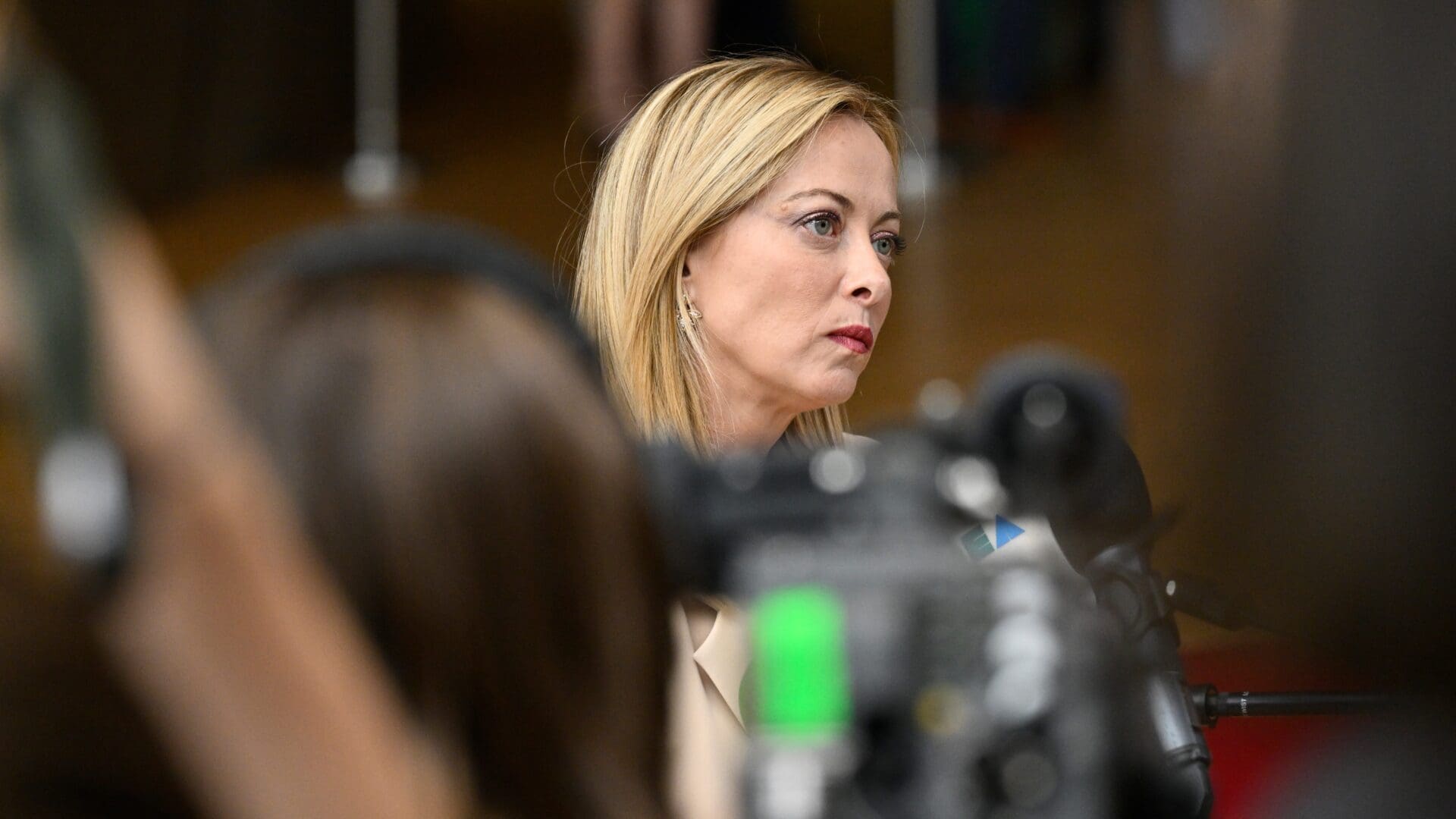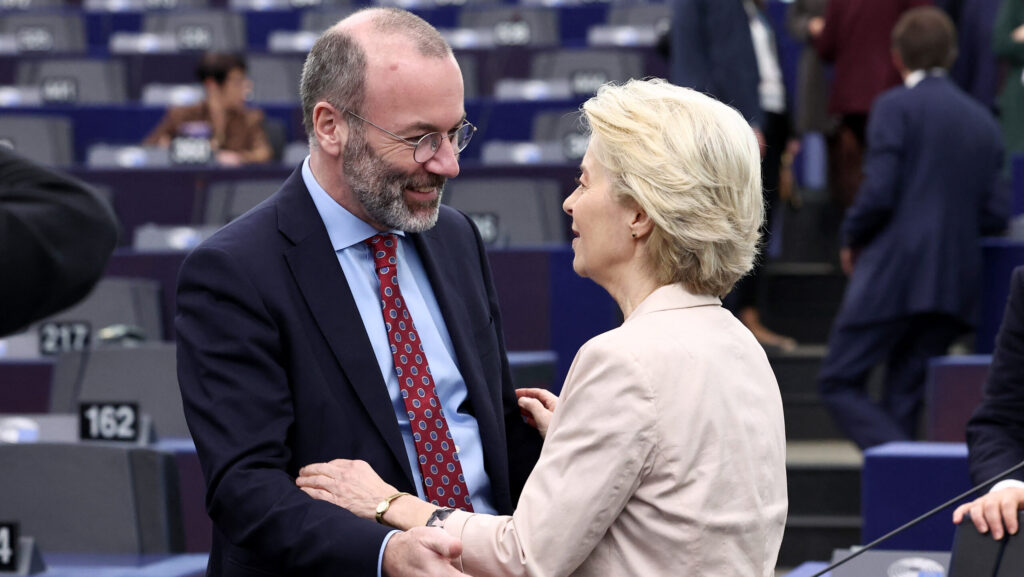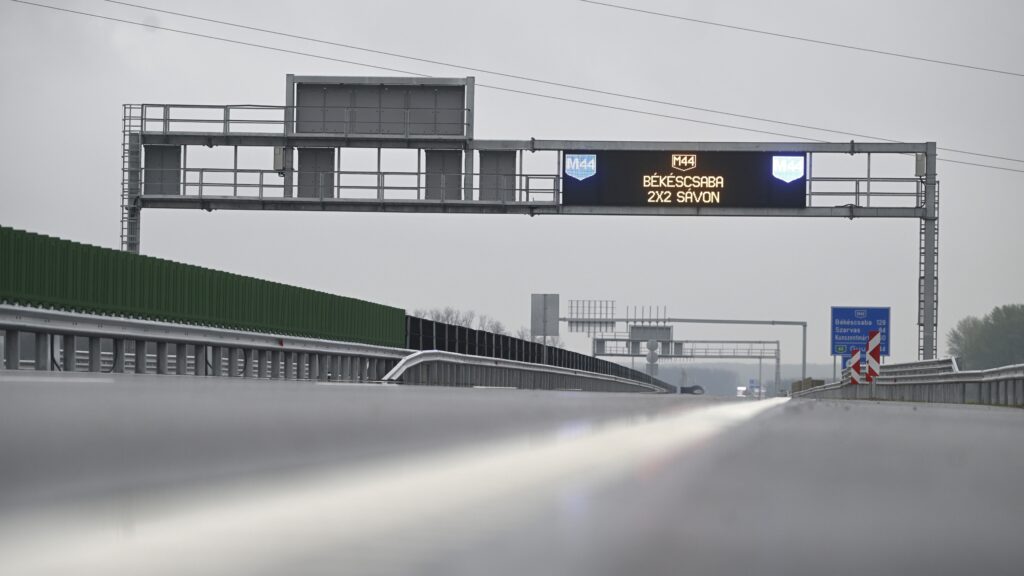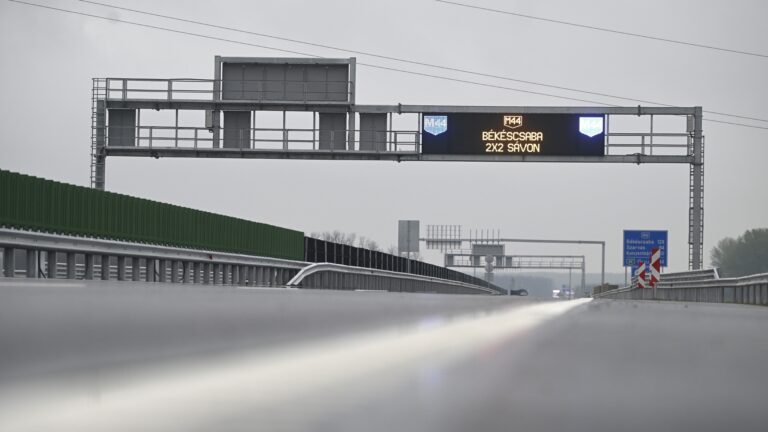Pro-migration and pro-liberal agendas governments and elites have been watching with glee the recent rifts in the cooperation of the Visegrád countries. Similarly, there have been clear attempts to make the Italian premier, Giorgia Meloni turn against the two countries in the EU that share the vast majority of her cabinet’s values: Hungary and Poland.
Luckily, the V4 have again found common ground and the alliance has been reinvigorated in the face of the common challenge of the forced migration pact. Also, it appears that
schadenfreude at the perceived detachment of Meloni from the Central European conservative bloc was premature.
At the recent, much talked and written about summit of the European Council, seeing the impasse on the migration issue, European Council President Charles Michel asked the Italian prime minister to try to persuade Budapest and Warsaw to endorse the majority position, which she did, but her attempt was not successful.
Hungary and Poland argue that the migration and asylum pact proposed by the Commission could not have been approved by qualified majority at the interior ministerial summit on 8 June, because the conclusions of the European Council of December 2016, June 2018 and June 2019 indicated that all decisions on immigration should be taken by consensus, i.e. without anyone’s opposition. The EU Treaties, on the other hand, do not provide for unanimity on the matter of migration. Both Hungary and Poland oppose the mandatory relocation of migrants to be imposed by the EU, a battle that Budapest already waged in the wake of the 2015 crisis.
After the trilateral meeting between Giorgia Meloni, Mateusz Morawiecki and Viktor Orbán, the Polish prime minister told the press he is ‘very happy with the role Meloni plays on the European Council’, highlighting that ’she always tries to find a compromise’ and
’is a very loyal friend.’
The tenant of Palazzo Chigi struck a similarly positive note following the meeting. She expressed her belief that ‘Italy’s role has been the protagonist’ in the discussions. She underscored that for the first time ever, ‘the dimension of demography’ was ‘finally mentioned in a document of the European Council.’
And here comes what must have been a bitter pill to swallow for those rooting against Budapest and Warsaw: the Italian PM refused to criticise the two sovereign allied countries.
‘I am not disappointed by the attitude of Poland and Hungary, I am never disappointed by those who defend their national interests,’
she declared. ‘As long as we look for solutions on how to manage migrants when they arrive on European territory, we will never find unanimity…The only way is to work on the external dimension.’ Meloni even reiterated that there is ‘an excellent relationship’ with Poland and Hungary. She also voiced optimism about a future consensus position developing eventually, noting that although there was no unanimity on the migration issue, the debate ‘showed great convergence’ and reminded that and that ‘the European Council remains fully committed to this issue and will return to it periodically.’








